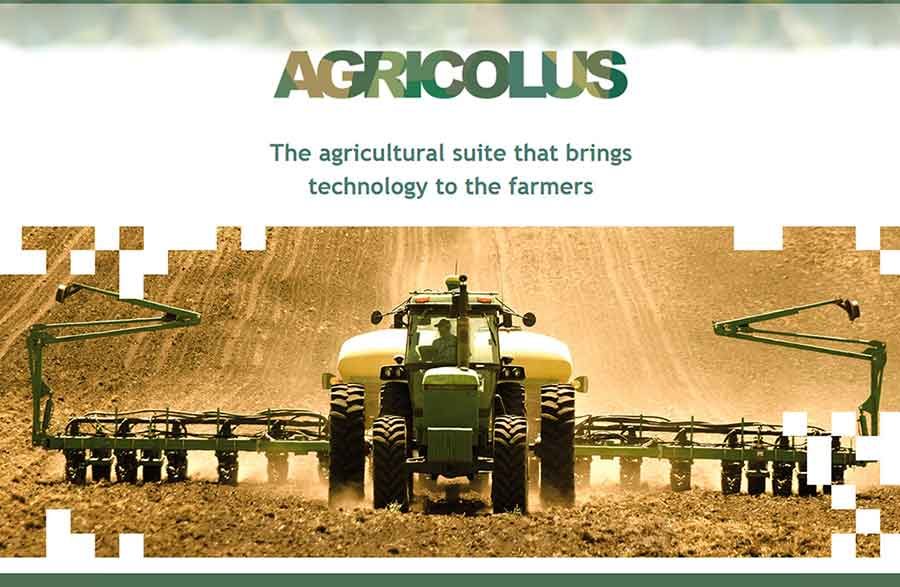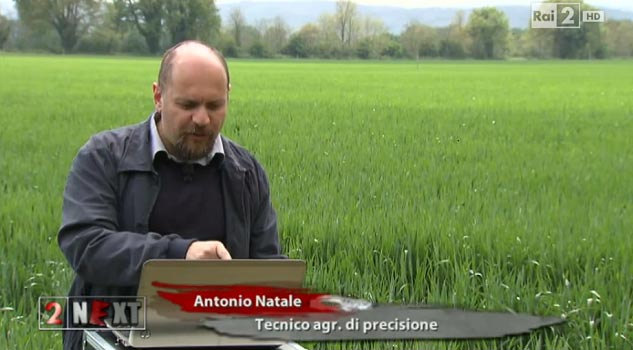Could you imagine life without food?
Food is the MAIN and immediate basic need of a person. Despite all the rising innovation concocted by people, farming is still the first resort we go to in order to provide for our food needs.
Although there is the invention of artificial food, and the growing consumption of “instant” or fast food, the vast majority of us still rely on crop supply. Whether it is locally grown or imported from somewhere else, there is no denying that we need to produce goods to sustain us while we’re living.
But is farming still practiced the same way as before or has it become a thing of the past?

However, the greater question would be whether after five decades, the world’s agriculture would still be able to meet the world population’s food demand or if Africa would no longer be the only place where people are starving. The second challenge would be reducing the harmful impact it does to our environment while supplying enough amount of crop production.
This longtime process of changing an agricultural lifestyle will have diverse kinds of impact on farmers and agricultural entrepreneurs. Some of them will reap benefits while majority will be stressed due to labor force substitution by technology. Moreover, tough competition with big companies’ mass production will have a negative economic impact on farmers.
The Future of Farming
How can we then respond to the above-mentioned issues and in return remedy our future problems? How can we gain new opportunities with regards to crop management? One solution would be to make the farming system “smarter”. This can be done by using the symbiosis of software and hardware engineering tools, which is known as precision farming phenomenon. In 2010, Gebbers and Adamchuk described precision agriculture as the way to “apply the right treatment in the right place at the right time”.

It is unlikely but the agricultural sector which has adopted IoT gave farmers the great opportunity to benefit from precise suggestions and get the most out of it. When we talk about the Internet of Things, it is important to note how agriculture is getting smarter and reshaping farming in general. For example, there are areas that need certain levels of irrigation while others need lesser amount of water. The same principle applies with the spreading of fertilizer and pesticides, which is not only an issue of economic cost. It is also an important aspect related to the quality of the products and its impact on the environment together with its sustainability. Over-watering can damage or decrease the quality of the crop, while a small amount of water can compromise the harvest itself. Placing sensible technology or tools in the fields like drones and gadgets can help to collect data and activate DSS.
Precision farming is quite a common instrument used by farmers in the US for some time. But in other countries, there are still several obstacles to the adaptation of precision agriculture that smallholders (farmers) can face. These include: lack of local technical expertise; infrastructure and institutional constraints; knowledge and technical gaps; high startup costs; and more. Frequently, farm entrepreneurs also do not have the right information at the right time in order to efficiently manage both their farm production and the phytosanitary (health status of plants) treatments needed for a successful harvest. Moreover, very often the information related to sow-harvest-treatments are not interconnected with the pesticide and fertilizers storage and are used only for administrative scopes.
By providing a novel solution integrated into FI-WARE technology, it enables the farmer to both produce “more with less” and reduce agriculture’s environmental footprint, Agricolus project would be the right instrument to solve the problems that might occur given those situations.
Definitely, the new era of agriculture will enthusiastically and automatically connect farmers with technology and propose various type of innovations. So why not be one of the first who will take advantage of this technology in order to utilize the adoption of agricultural development and maintain the heritage of farming from one generation to the next in a more efficient way.